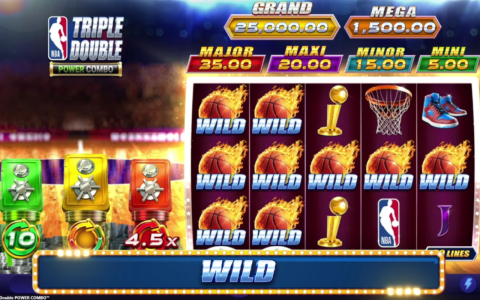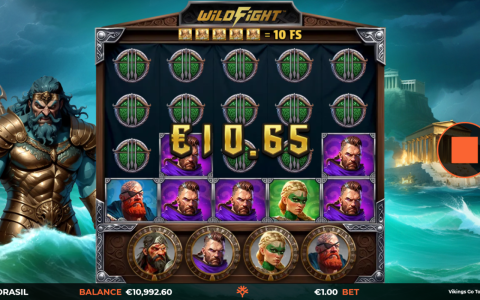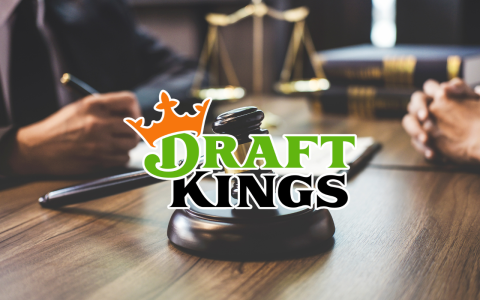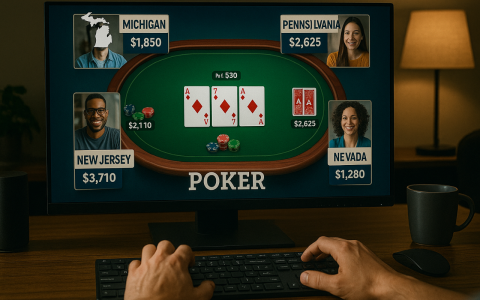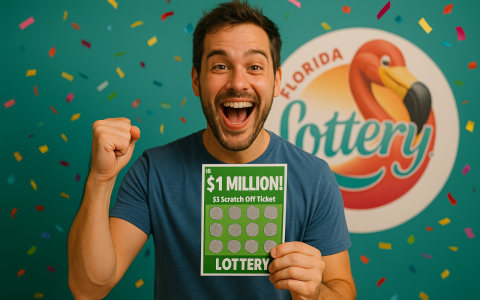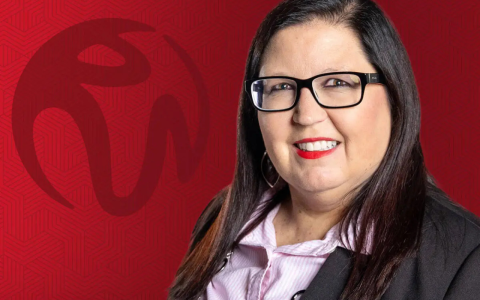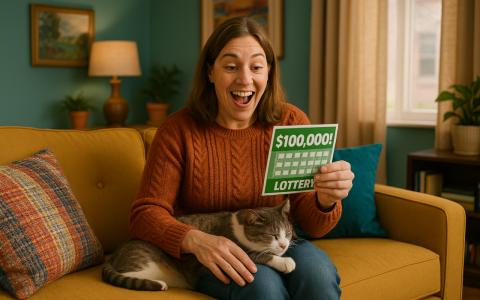Bulgaria’s Battle with Gambling: Self-Exclusion and Legislative Shifts
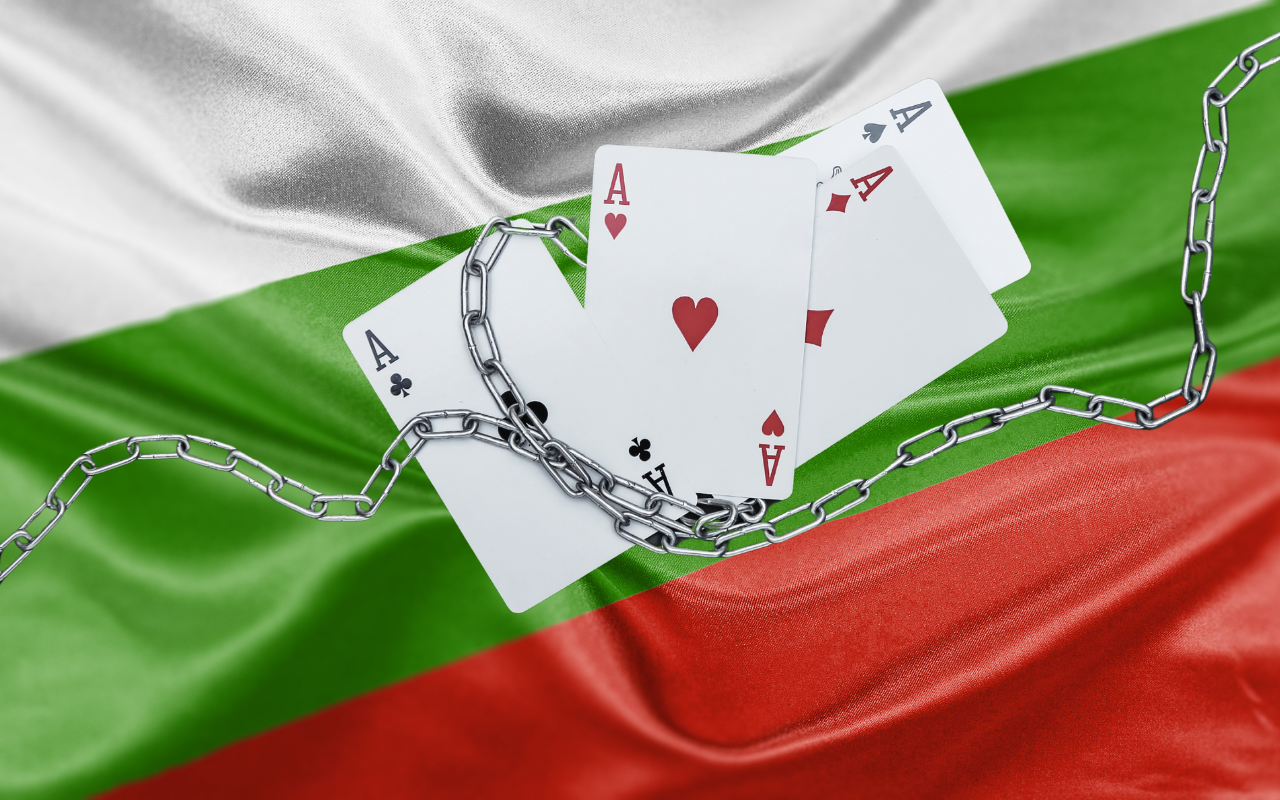
Understanding Bulgaria’s Self-Exclusion Statistics
- 54,000 individuals have opted for self-exclusion due to gambling issues in Bulgaria.
- The National Revenue Service (NAP) has recently revised the minimum duration for self-exclusion.
- Uncertainty persists about the true number of problem gamblers in the country.
The National Revenue Service (NAP), now overseeing the self-exclusion program for gambling, has revealed that a total of 54,000 individuals have enrolled in this initiative. This responsibility was transferred to NAP after the previous gambling regulatory body was disbanded in 2020.
54,000 Bulgarians Take Steps to Address Gambling Issues Through Self-Exclusion
The extent of gambling addiction in Bulgaria continues to be a topic of debate. Some studies suggest that around 3% of the population might be experiencing gambling-related issues, although these figures are challenging to confirm.
Analysis of the self-exclusion statistics indicates that just 0.8% of Bulgaria’s 6.5 million residents have opted to register for limiting their gambling activities. Despite this seemingly small percentage, it represents a significant number of individuals and implies that more people might be either unaware of or reluctant to use this service.
Comprehensive national data regarding the number of individuals affected by gambling-related harm is not easily accessible. Nonetheless, there are positive developments in the realm of responsible gambling in Bulgaria.
On March 27, 2025, a significant amendment was made to the self-exclusion registry’s regulations. Now, individuals cannot exclude themselves for any period shorter than a full year, an increase from the previous minimum of 30 days, which was considered inadequate.
Since 2022, several comprehensive regulatory reforms have enhanced the safety of gambling practices, though some critics remain skeptical about the true intentions of lawmakers. A noteworthy legislative change was enacted in April 2024, affecting all forms of media, including TV, radio, print, and the Internet. This development was hailed as a significant achievement by advocates for problem gambling awareness.
Progress and Setbacks: Legislative Changes in Gambling Regulations
In the same vein, legislators decided to shorten the cool-down period for individuals wishing to remove themselves from self-exclusion lists to 30 days, down from the previous two-year requirement. Previously, anyone wanting to resume gambling had to wait for two years, but this waiting period has now been reduced to just 30 days.
Stakeholders have expressed concerns that a 30-day period is insufficient for individuals grappling with long-term addiction to make well-considered decisions and establish healthier habits without gambling. In contrast, a two-year period allowed more time for reflection and recovery.
Meanwhile, NAP has simplified the process for individuals to enroll in the self-exclusion register. People can now register by sending an email to the agency. Applicants can choose their exclusion period, provided it is no shorter than one year in the future.


